The most hated software of all time (from Microsoft and Apple)
From sluggish Mac ports to stripped down Office suites
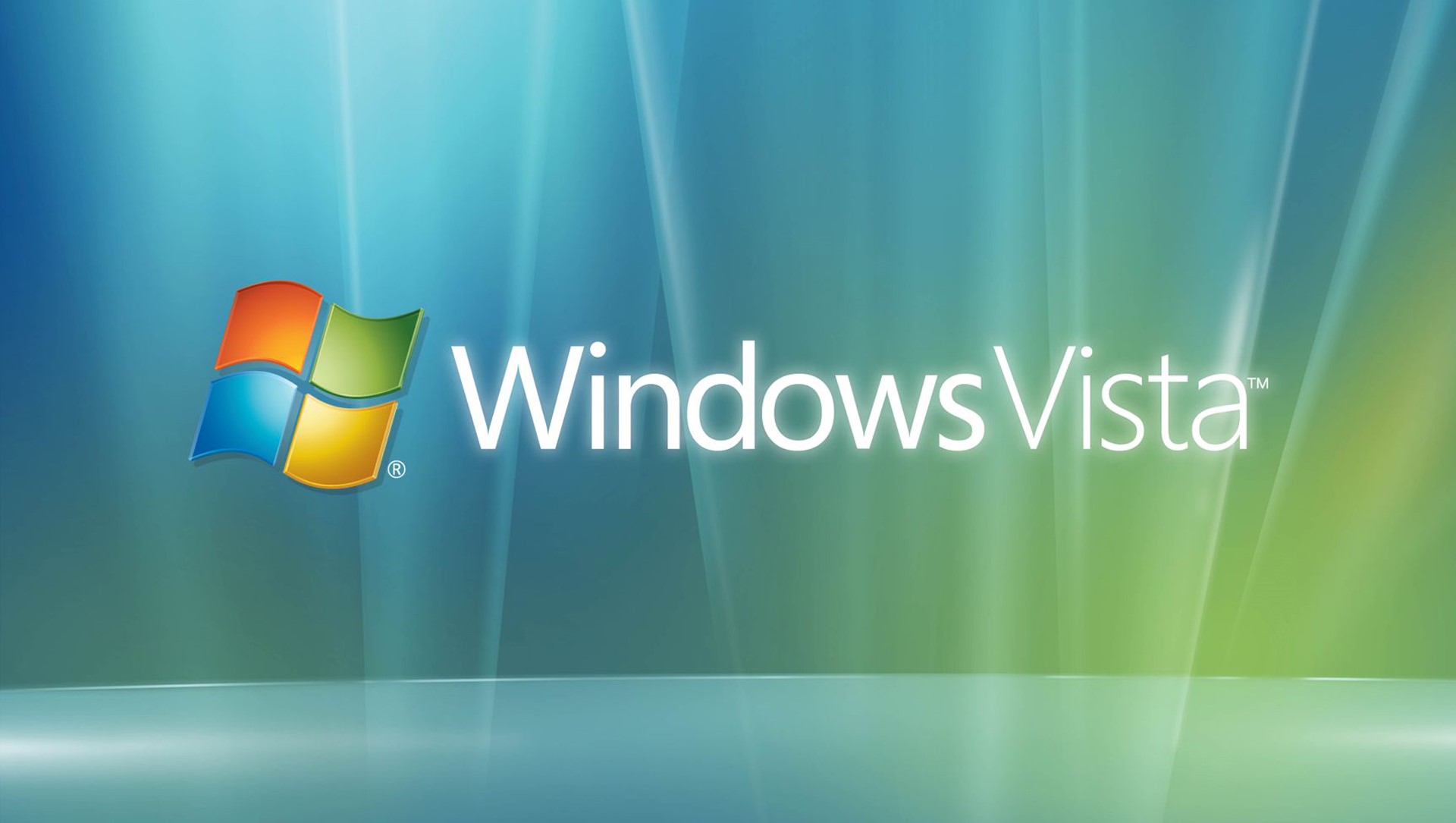
Get all the latest news, reviews, deals and buying guides on gorgeous tech, home and active products from the T3 experts
You are now subscribed
Your newsletter sign-up was successful
Over the past three decades we've seen countless programs come and go. Some were one hit wonders, while others have endured through popularity and precise updates. There are some that are just as famous, or should that be infamous, for an altogether different reason: they sucked, big time.
These stinkers have lingered long in the memory, mainly because they made our lives a special brand of hell for the time that we used them. So, to help you relive those wonderfully bleak memories (or to educate you on the subject of darker days), T3 brings you the very worst software that ever was...
Windows ME
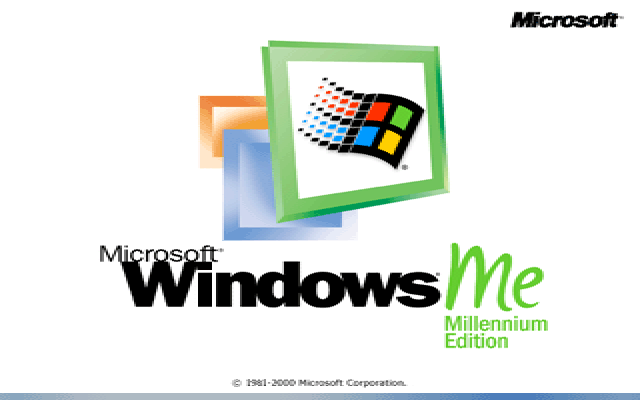
Think of the most universally hated, the most monumentally maligned operating systems ever coded and the words 'Windows Vista' might pop into your head light like a broken light bulb… but you'd be wrong. Vista was an offence to the eyes, but its predecessor, Windows ME (or Millennium Edition if you're not up on your late '90s OS lingo) was the true villain of the piece.
So where to begin with ME? Which strand of hate-inducing rage to pick first? Well, for a start, ME wasn't really a brand new OS in its own right - in fact, it was largely a sloppy update of its workhorse predecessor Windows 98. And considering it worked just as slow as a much older program and had a full price tag on it, users found their collective blood boiling to red mist. 'Mistake Edition' did it all: crashed all the time, froze with depressing consistency and actively reactivated spyware during a system restore. Such a happy time to be alive.
Internet Explorer 6
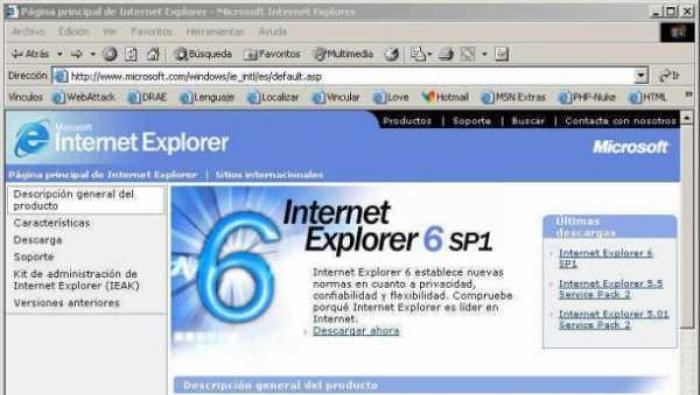
Chrome and Firefox might be some of the more popular choices with the cool kids (let's not talk about Safari, it's for the best), but Internet Explorer has managed to overcome some of its past issues and become a fairly decent experience. But things weren't always so rosy. Some of us still wake up in the middle of the night, drenched in cold sweat murmuring the words,”Internet Explorer 6… the horror…”
We like to pretend that's just us overdosing on the hyperbolic pills, but IE6 really was a stinker of a web browser. It did next to nothing to protect users from adware and spyware, essentially ushering in a dark age of malware epidemics. It made going online a constant psychological stress test and yet it would have all been fine if Microsoft had supported it correctly. Instead, it was left to fester and rot before it was mercifully put out of its misery in 2010.
iTunes for Windows
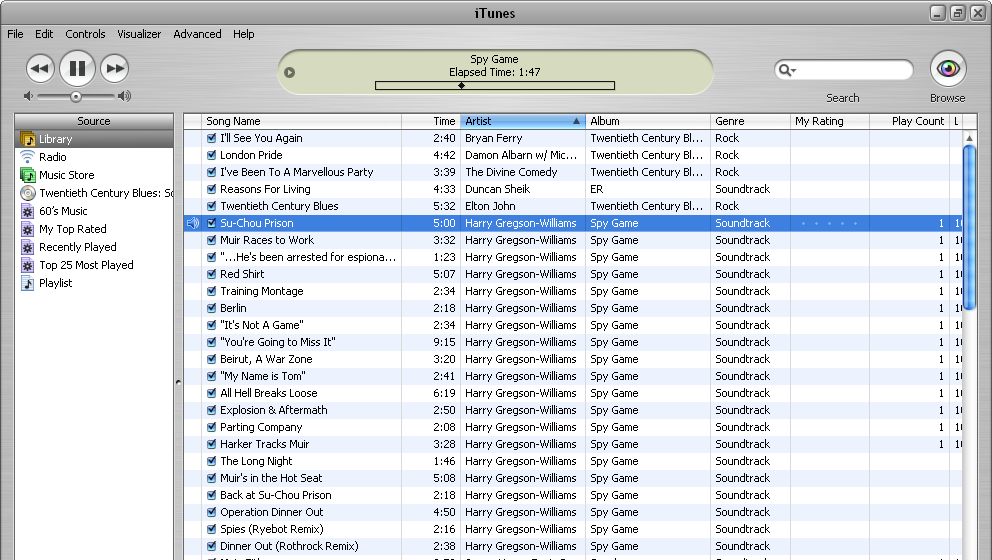
When a program is built specifically for use on a single, bespoke operating system, it shouldn't come as a shock to see it struggle when ported to another - doubly so when you consider said software had been built with Apple products in mind. Apple might still be the darlings of mobile media now, but the Windows version of iTunes remains one those stains that simply refuses to give.
Get all the latest news, reviews, deals and buying guides on gorgeous tech, home and active products from the T3 experts
What should have been a smooth, enjoyable way to manage and expand your music collection instead became a slow, turgid mire of sluggish performance and consistent freeze-ups. Connecting up your iPod only made the issue worse, which seems something of a design flaw if you ask us. It works a little better these days, but it's far from the smooth operation Apple promised us way back when.
Final Cut Pro X
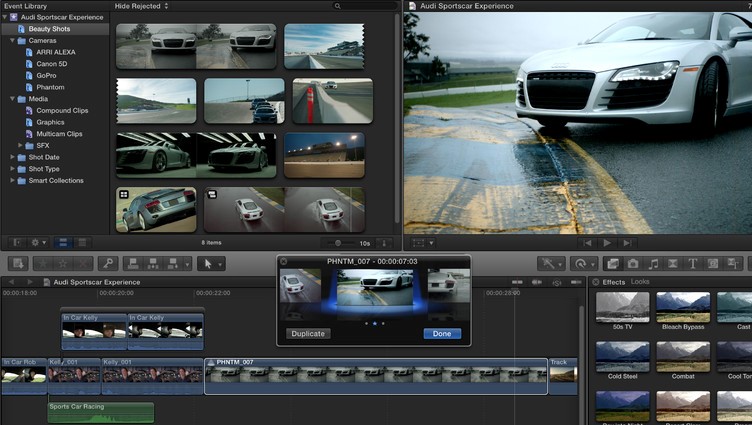
Perhaps more a monster under the bed for video producers than regular folk, Final Cut Pro X remains one of the most hated and panned pieces of 'professional' software ever designed. Arriving in 2011, the program took over from the popular Final Cut Pro - and at first, everything seemed fine, then users booted it up and realised all the features they'd come to know and love were gone. Just… gone.
Apple had stripped its 'premier' video editing suite down to the barest of bones, removing everything from XML, EDL and OMF support to the ability to port projects from previous versions of the program. It was a disaster, and users (having forked out full price) went understandably bananas. As a result, Apple immediately began patching back in everything it had removed, with new updates added every three months (free of charge, naturally). A decent gesture, but not enough to shift that empty feeling in our 2011-era hearts.
Windows Vista

Oh Vista, posterchild for negativity and backlash in the world of Windows-based computing. And while XP had proved a reliable and well-received workhorse, the memory of ME still lurked like a spectre in the mind's eye of PC users. Yes, Vista was technically better than ME (it was, after all, an actual brand new piece of software), but it's still one of the worst bits of software in the history of ever.
Vista was meant to signify the future of Windows OS', but instead it brought about an air of unreliability that bordered on farce. It had untold hardware problems with almost every make of motherboard, took an absolute age to perform even the most menial of tasks and infamously used so many user prompts it made using Vista more like a text adventure without the, well, adventure. It was a disaster - so much so that Microsoft significantly extended the support window for XP just so users could revert back to 'old faithful'.
Microsoft Works
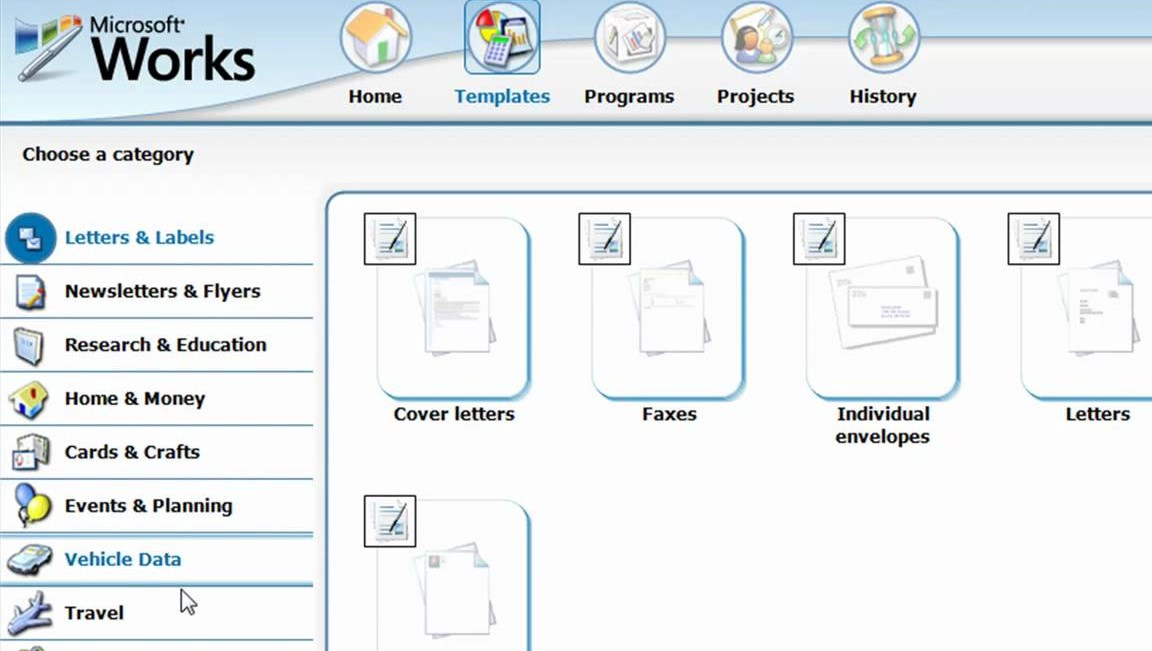
What happens when you strip out all the fun, useful elements of Microsoft Office and still try to sell it to the general public as a 'budget' version? Well, Hell opens forth and you get something called Microsoft Works. Which is a beautiful irony considering not much if it ever really did 'work' properly.
Considering how expensive Office was, a more financially-viable alternative seemed something of a godsend for those looking to do a little word processing or presentation building. Instead of being designed as a low-end version of the Office suite, Works was essentially a standalone collection - its use of the instantly out of date .wps format (which was never compatible with Word, making it useless if you were hoping to switch between the two in different locations) became the detail that eventually sealed its fate. When it was finally put to the sword in 2007, few users shed a tear at the news.
Dom Reseigh-Lincoln has been writing for T3 for over half a decade now, covering everything from mobile phones and laptops right through to video games and gaming peripherals. Purveyor of an excellent beard, as well as some perpetually cheeky offspring, Dom likes to wind down in his spare time by listening to heavy metal.